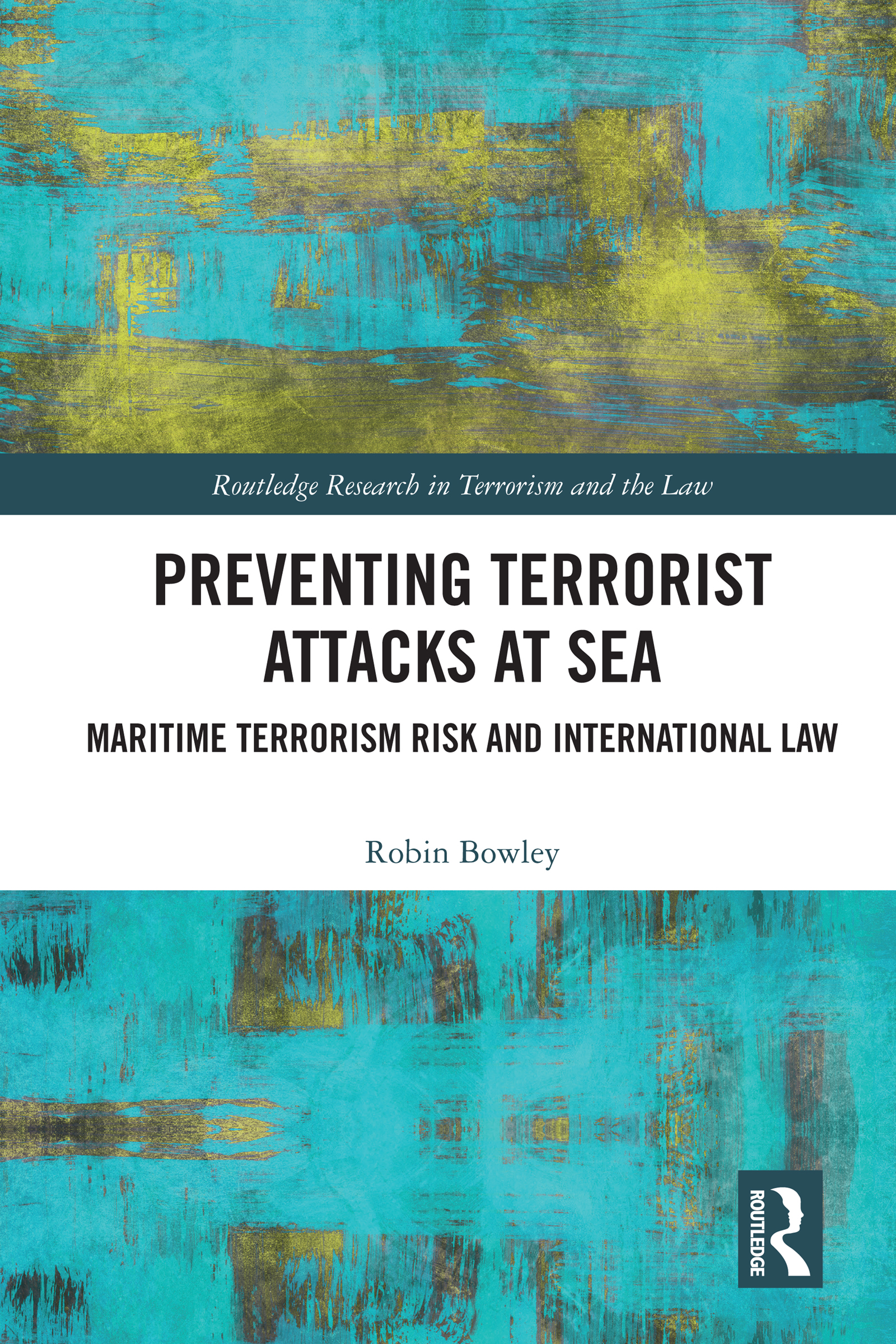- 丛书名 : Routledge Research in Terrorism and the Law
- 中图分类号: D99
- 语种: ENG
- 出版信息: Routledge 2022 317页
- EISBN: 9781000811315
- PISBN-P: 9780367321222
- 原文访问地址:
KG评星
知识图谱评星,是一种基于用户使用的评价体系,综合图书的评论数量、引文数量、Amazon评分以及图谱网络中节点的PageRank值(即考虑相邻节点数量和重要性)等多种因素计算而得出的评价数值。星级越高,推荐值越高。CAT核心级
核心学术资源(CAR)项目作为教图公司推出的一项知识型服务,旨在打造一套科学、有效的图书评价体系,并协助用户制定相应的馆藏建设方案。CAR项目调查和分析12所世界一流大学的藏书数据,以收藏学校的数量确定书目的核心级,核心级越高,代表书目的馆藏价值越高。选取核心级在三级以上,即三校以上共藏的图书作为核心书目(CAT)。Over recent decades, it has been widely recognised that terrorist attacks at sea could result in major casualties and cause significant disruptions to the free flow of international shipping. After discussing the overlaps and distinctions between piracy and maritime terrorism, this book considers how the International Ship and Port Facility Security Code, and other vessel identification and tracking measures in the 1974 International Convention for the Safety of Life at Sea, would be likely to reduce the risk of terrorist attacks at sea. It explains how the 1982 United Nations Convention on the Law of the Sea is less than clear on the powers of states to protect offshore installations, submarine cables and pipelines from interference by terrorists. In light of these uncertainties, it considers how the 2005 Protocol to the Convention for the Suppression of Unlawful Acts Against Maritime Navigation, the doctrine of necessity and statesinherent self-defence rights might apply in the maritime security context. A significant contribution of the book is the formulation of the Maritime Terrorism Threat Matrix, which provides a structured framework for examining how maritime terrorism incidents have occurred, and might occur in the future. The book also examines the relevant national maritime security legislation for preventing maritime terrorist attacks in the United Kingdom and in Australia. The book concludes by formulating guidelines for the unilateral interdiction of suspected terrorist vessels in exceptional circumstances, and recommending priorities for governments and international maritime industries to focus on in order to reduce the risk for terrorist attacks at sea. It will be of interest to those working in the areas of Law and Terrorism, Law of the Sea, Maritime Law and Insurance and International Law.







 京公网安备 11010602104826号
京公网安备 11010602104826号
